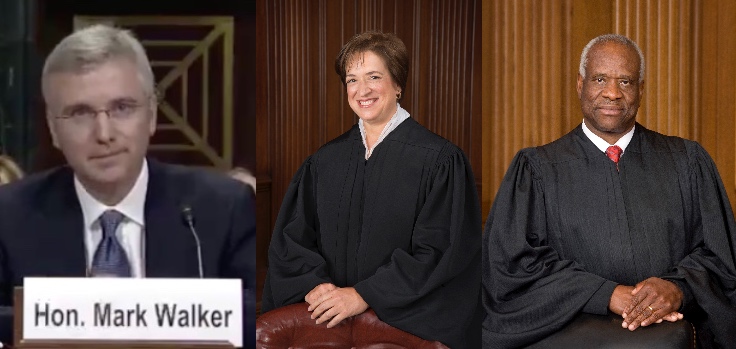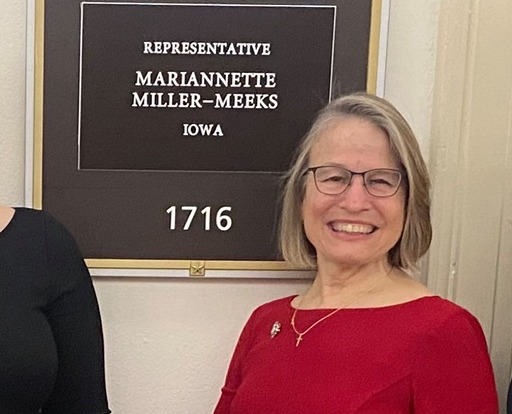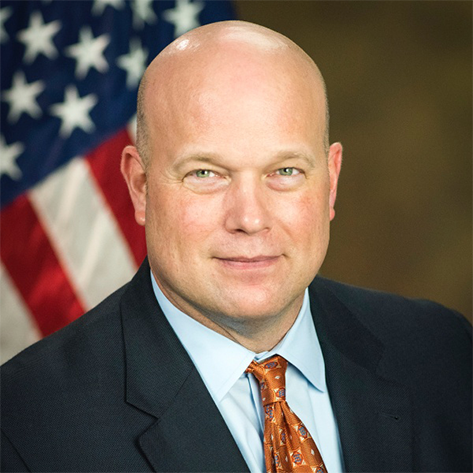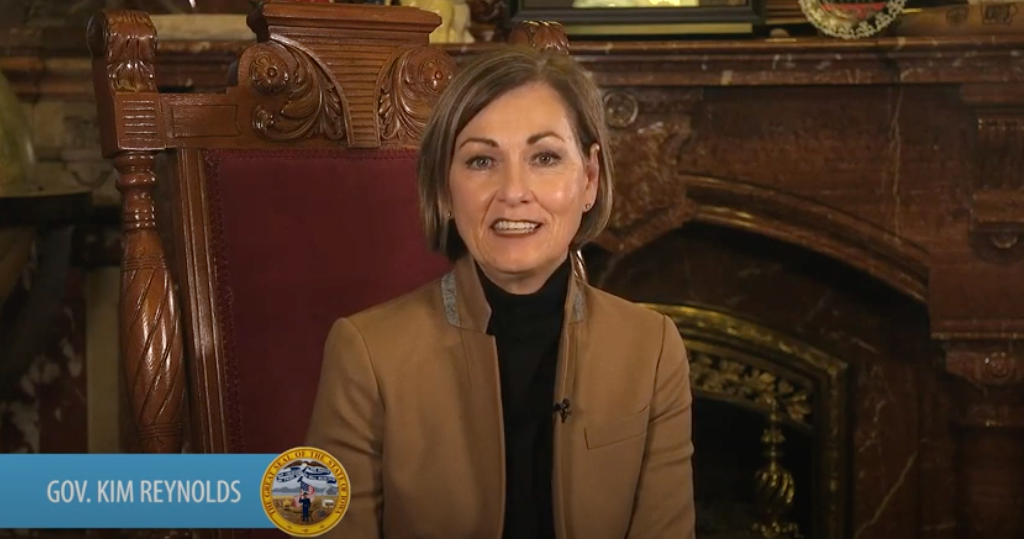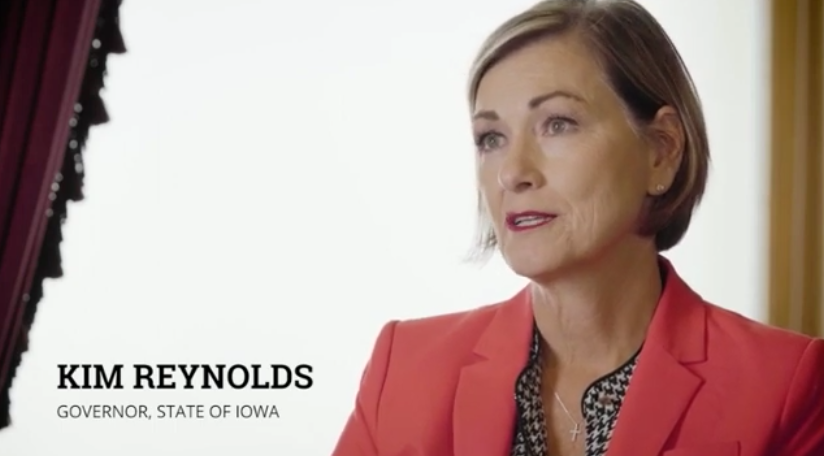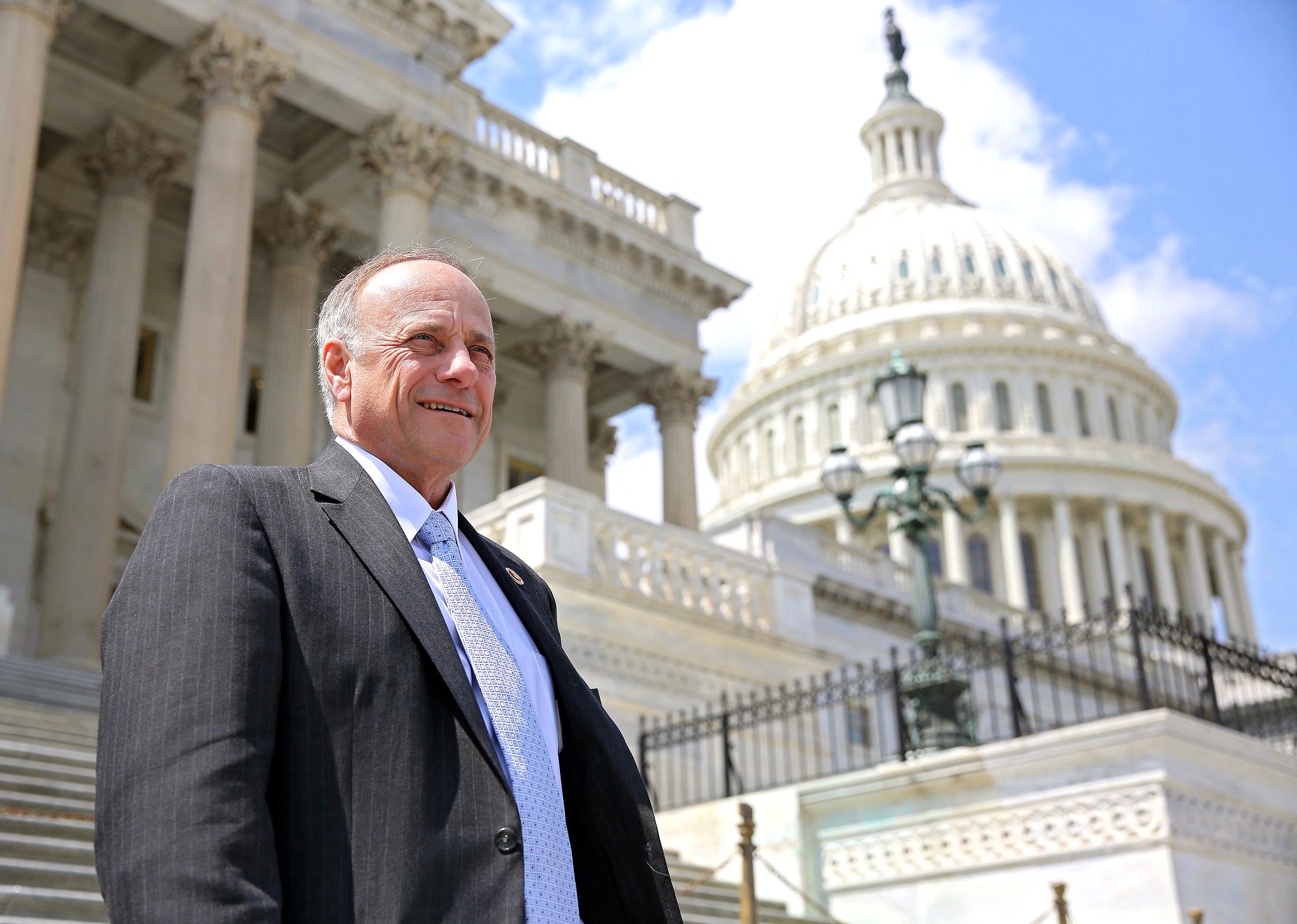John Kearney is a retired philosophy professor who taught at Saint Joseph’s University in Philadelphia, Pennsylvania. He has lived in Waterloo, Iowa for the past eight years.
On January 13, 1982, a Boeing 737 took off from Washington National Airport. About one minute later, it struck the 14th Street bridge and plunged into the Potomac River. The flight crew and more than 70 passengers perished. One of the passengers, Priscilla Tirado, could be seen flailing around in the icy waters. A bystander on the shoreline, Lenny Skutnik, a Congressional Budget Office employee, responded to her desperate screams for help, pulled off his coat and shoes, jumped into the river, and saved her life. Two weeks later, President Ronald Reagan hailed Skutnik as a hero in his State of the Union address.
A less publicized story is that of Senator Cory Booker, who, while serving as mayor of Newark, New Jersey in 2012, risked his life by running into a burning, smoke-infested building and saving the life of a neighbor.
Why do individuals like Skutnik and Booker engage in such extraordinary acts of altruism?
Continue Reading...















